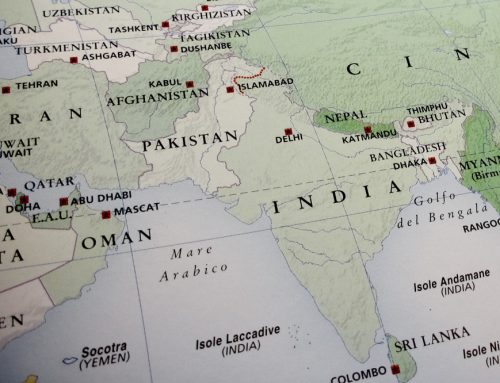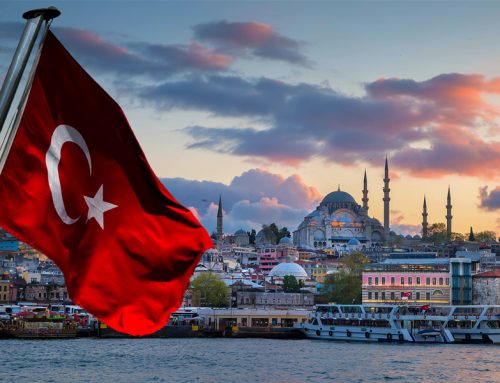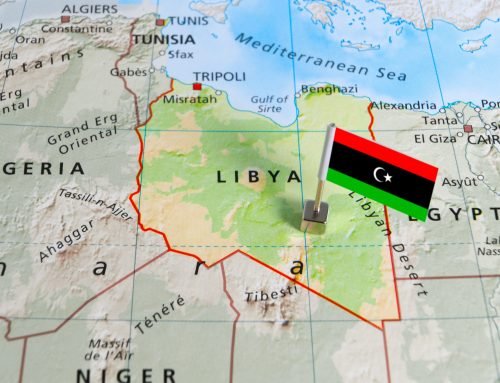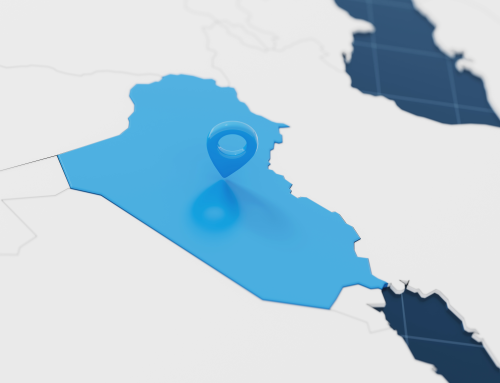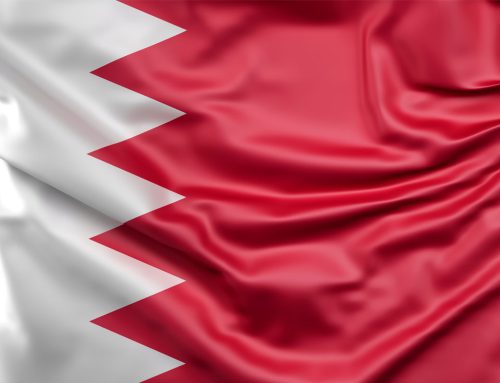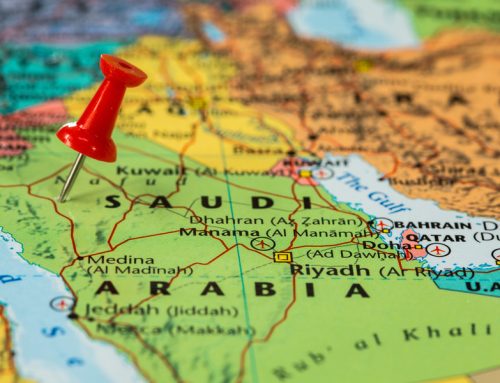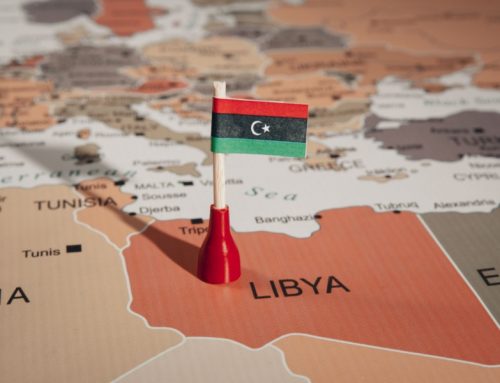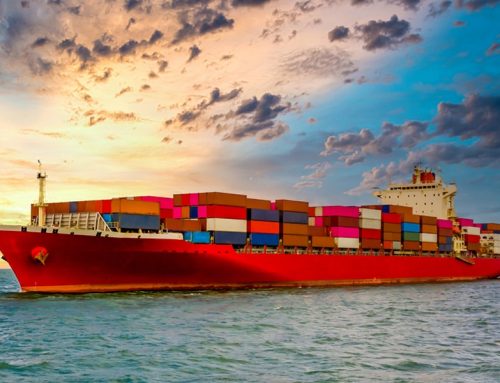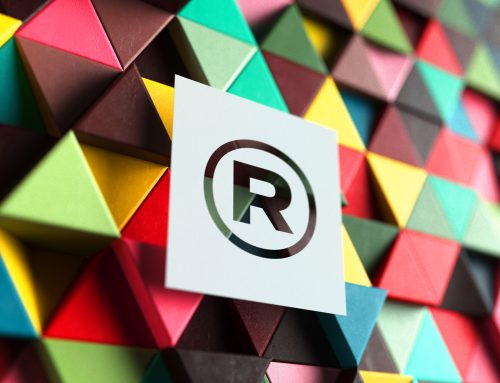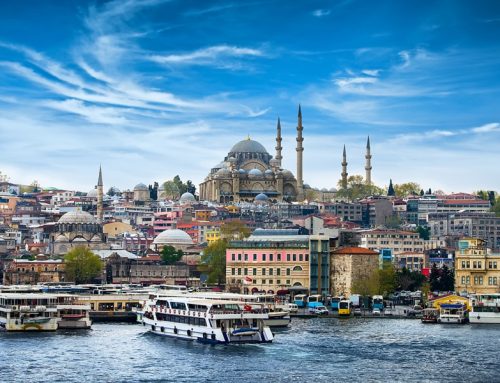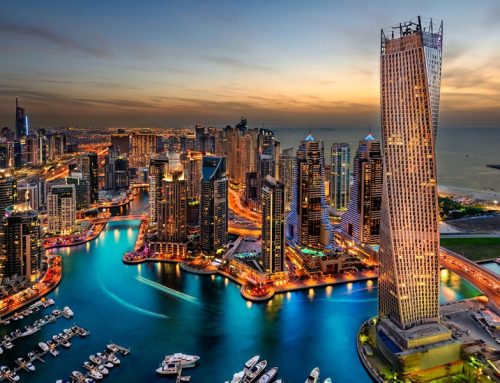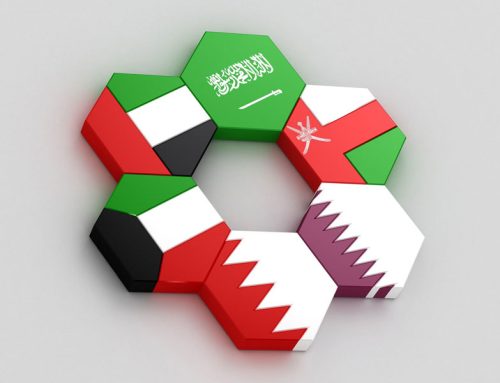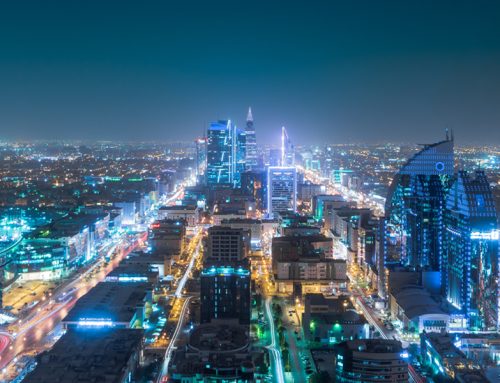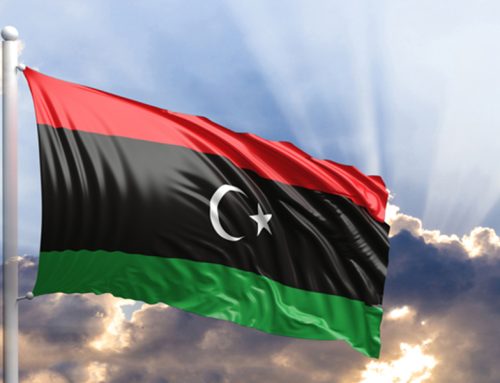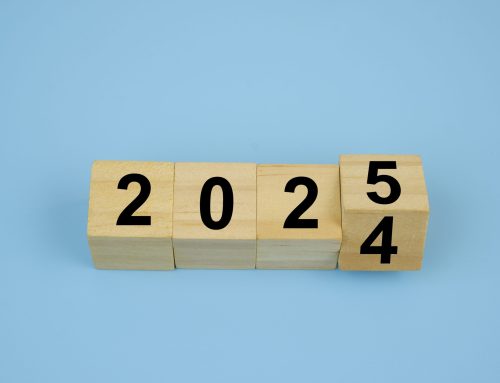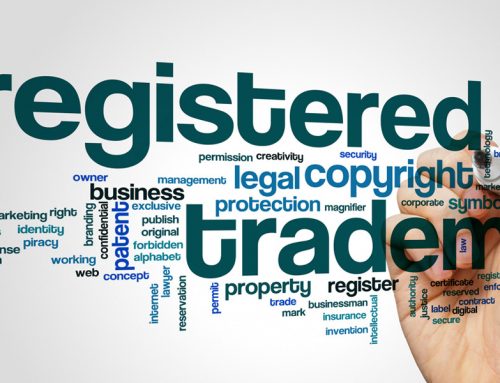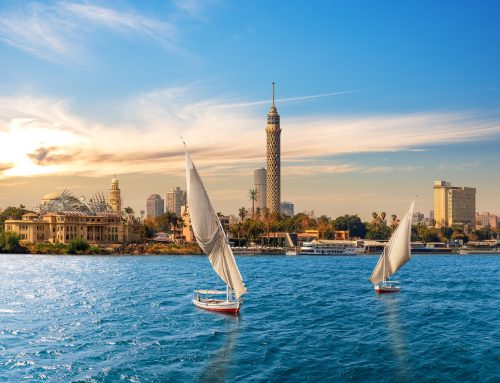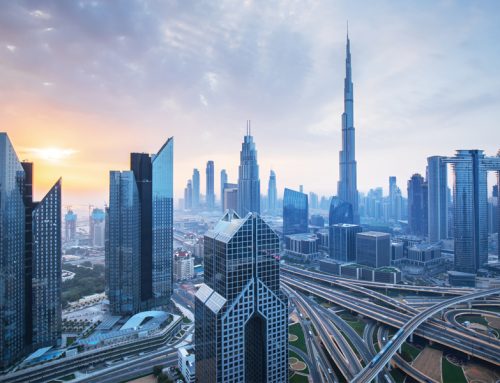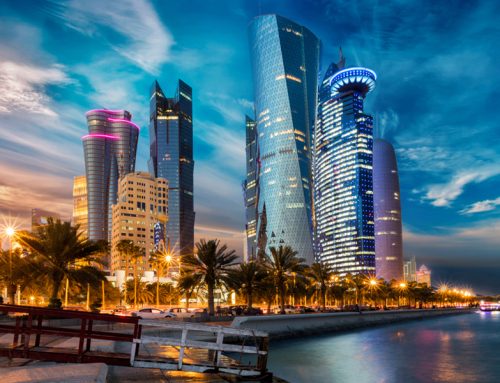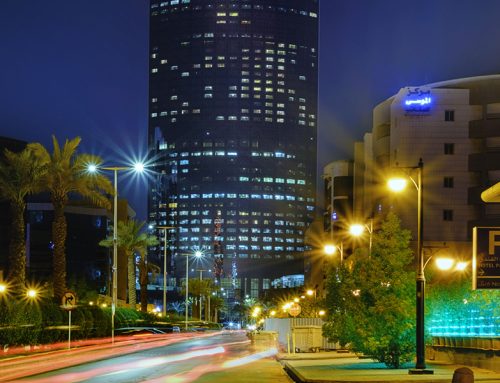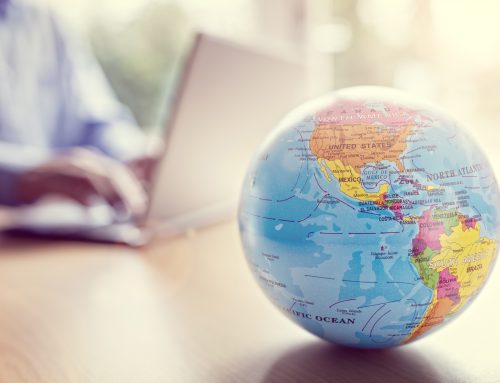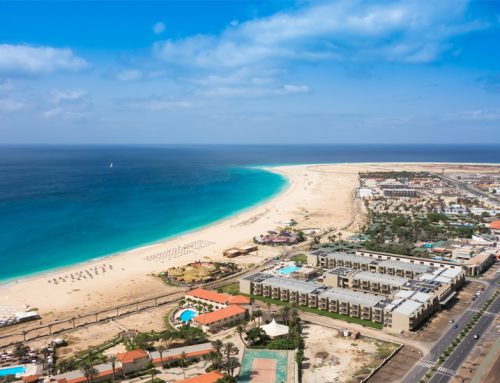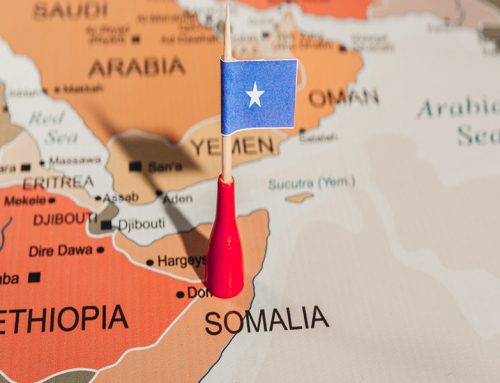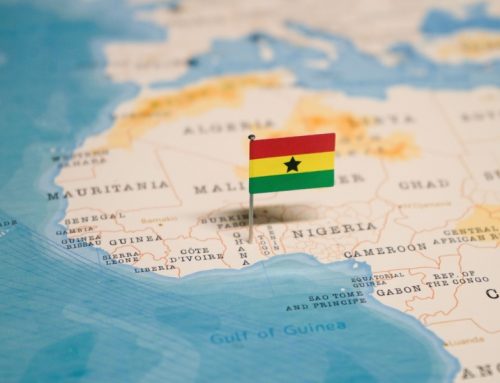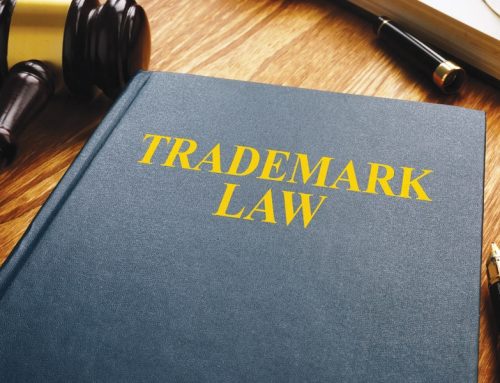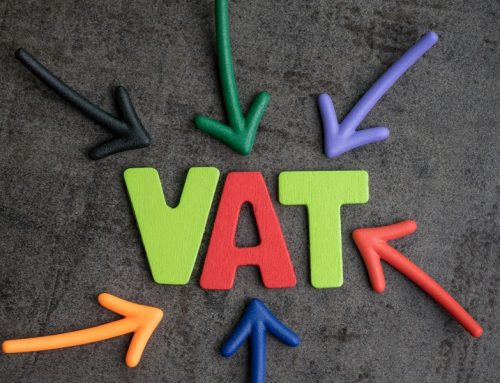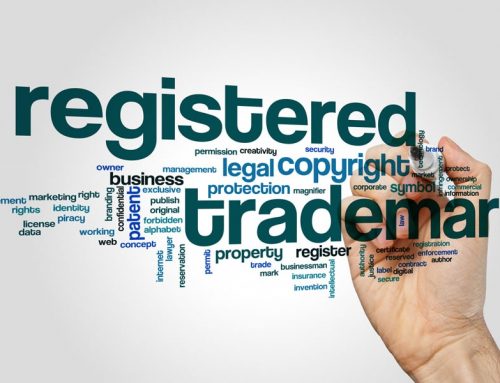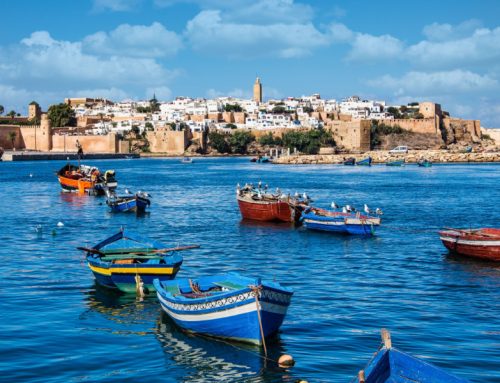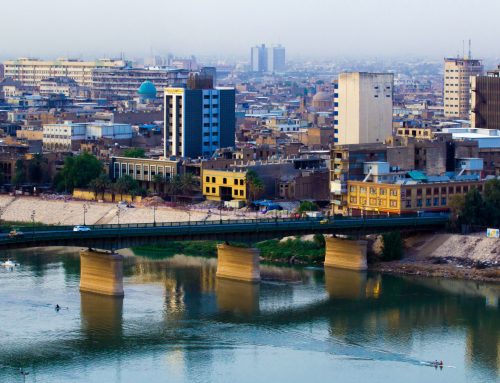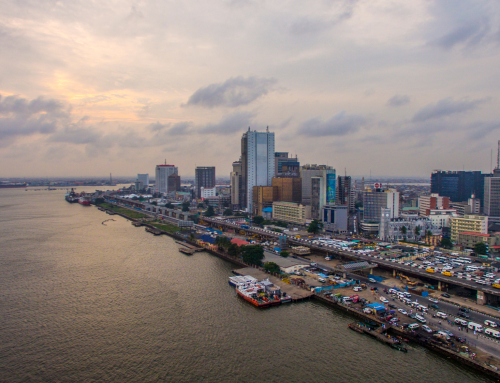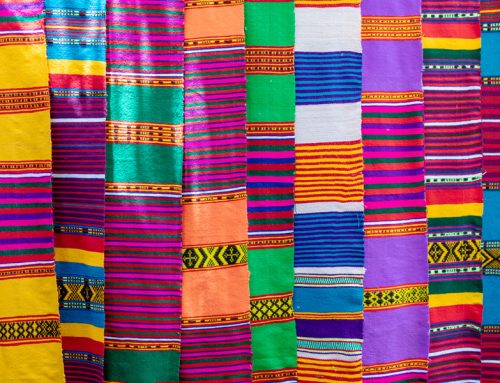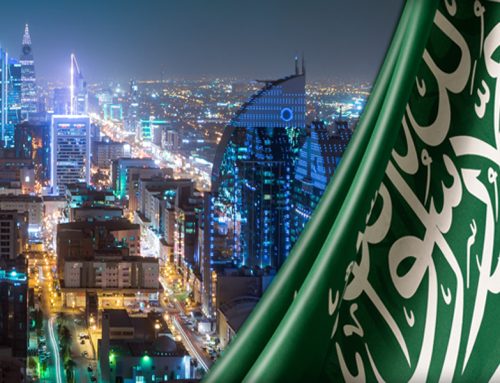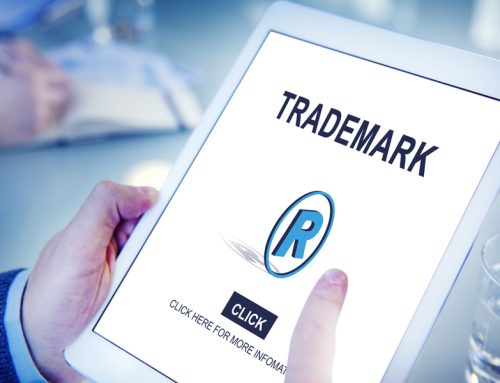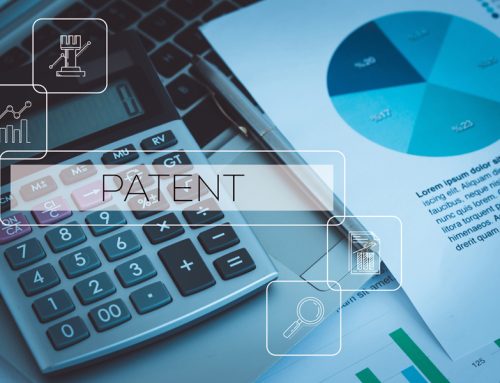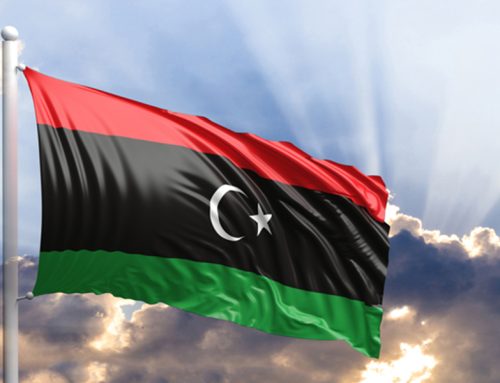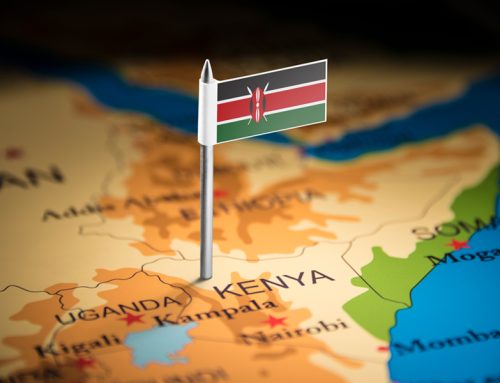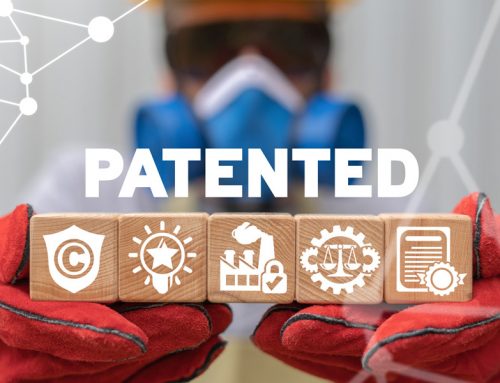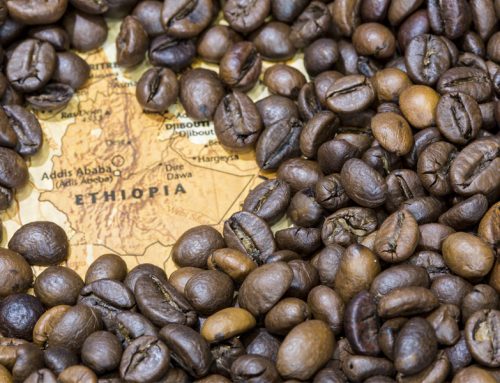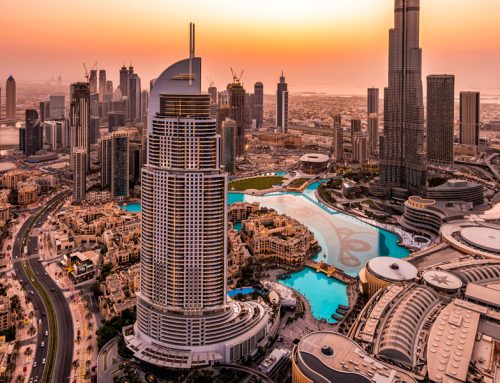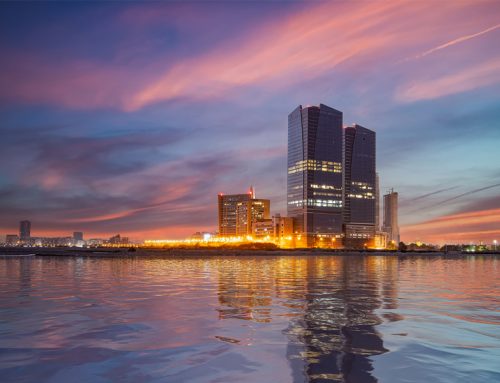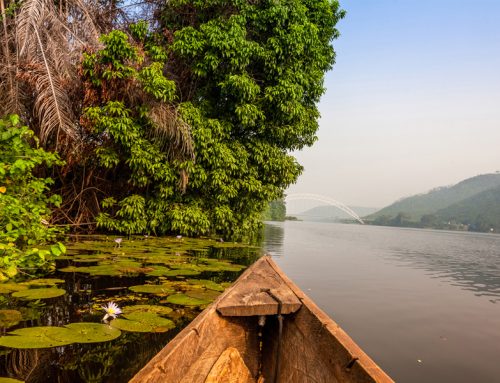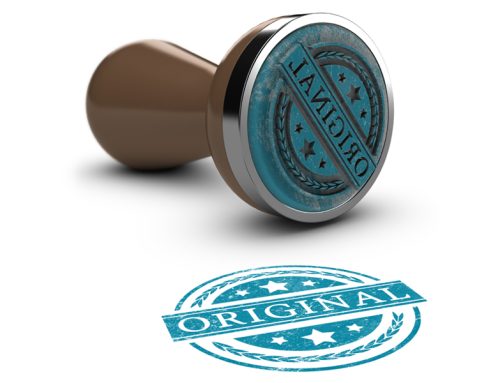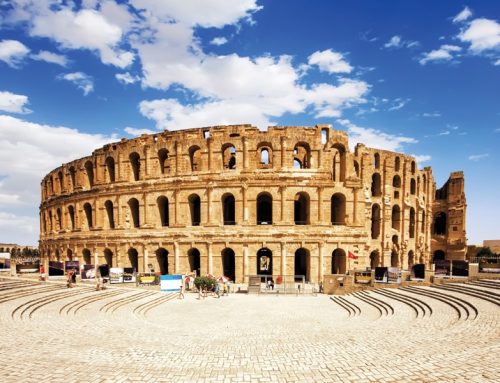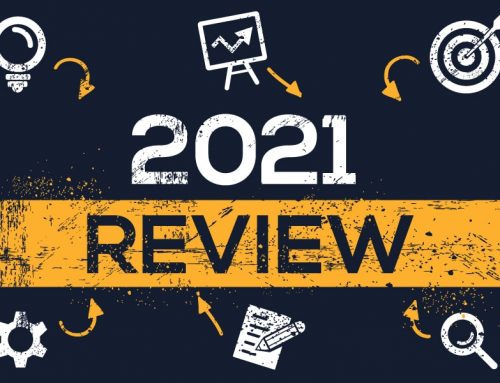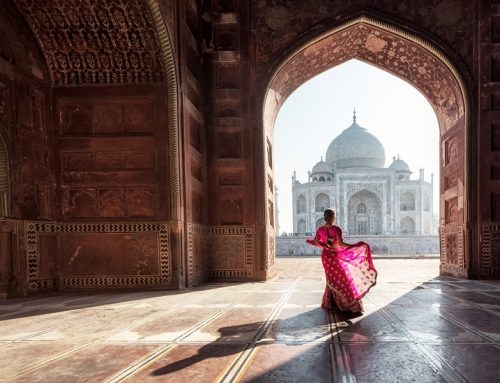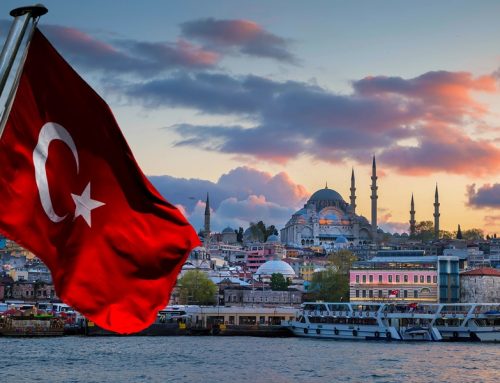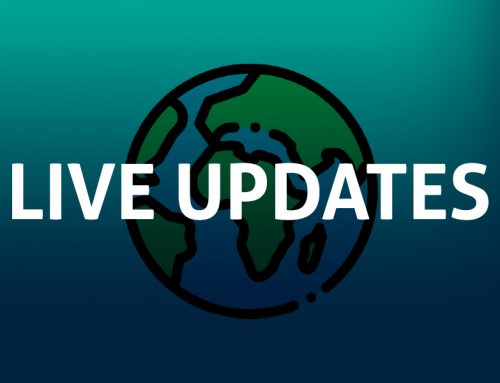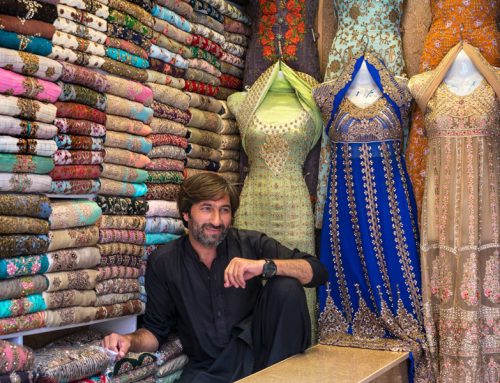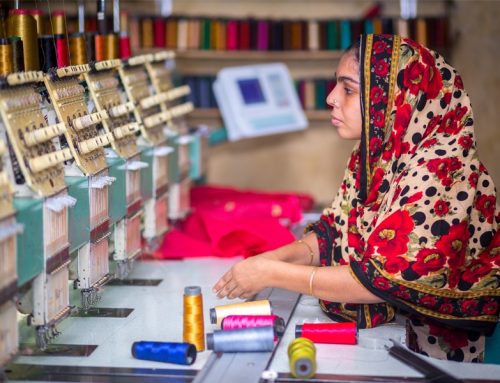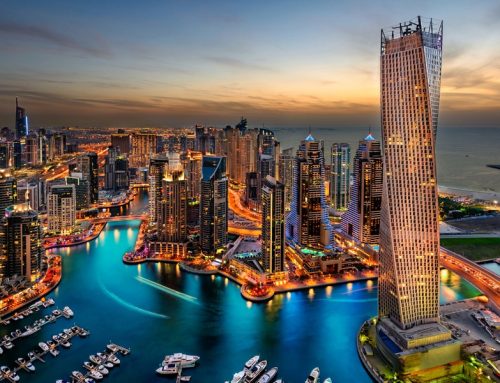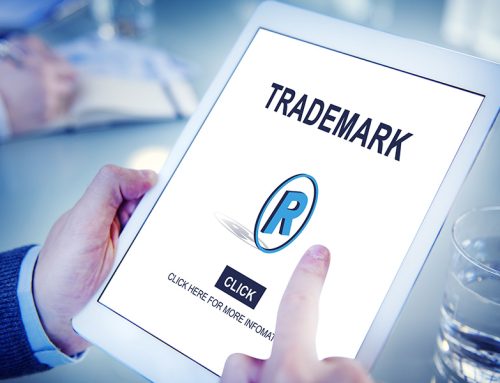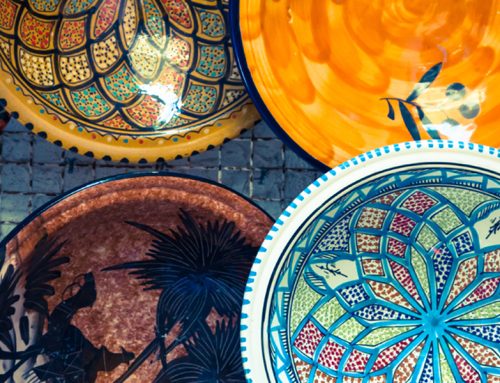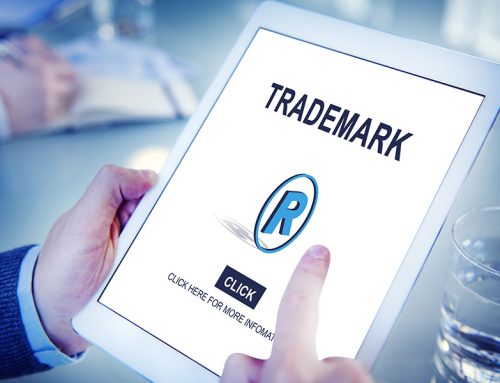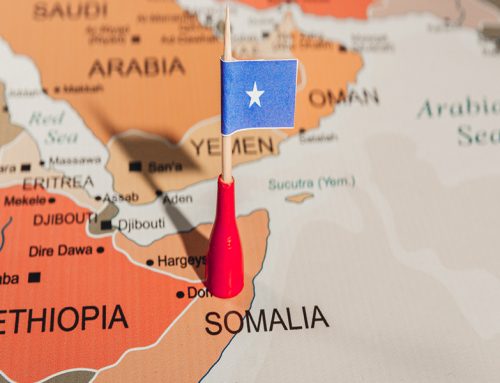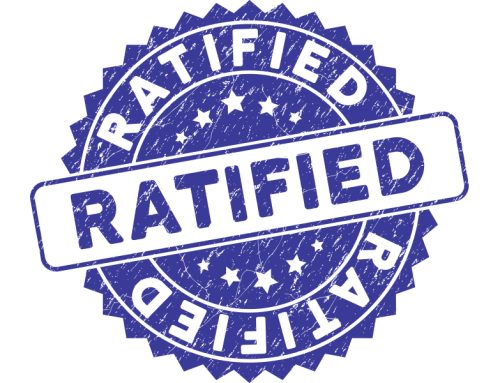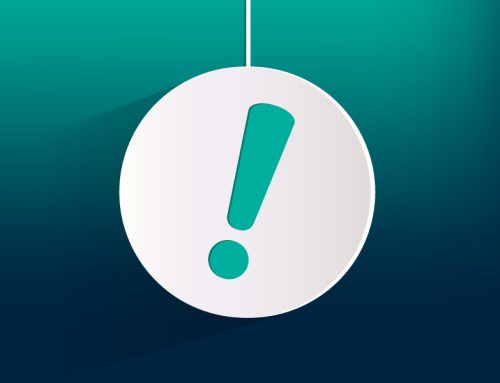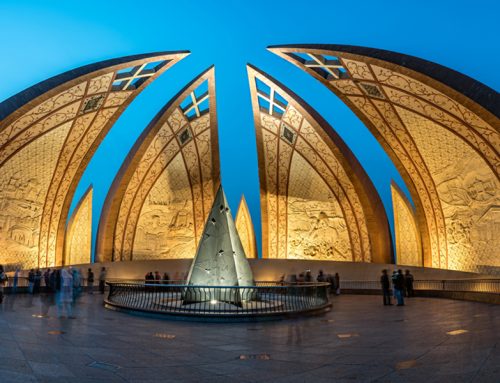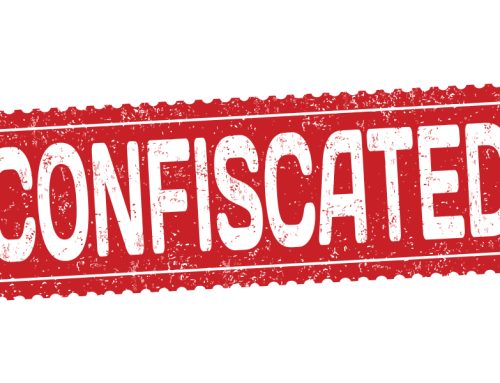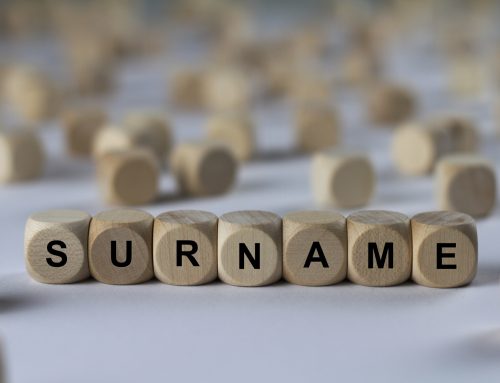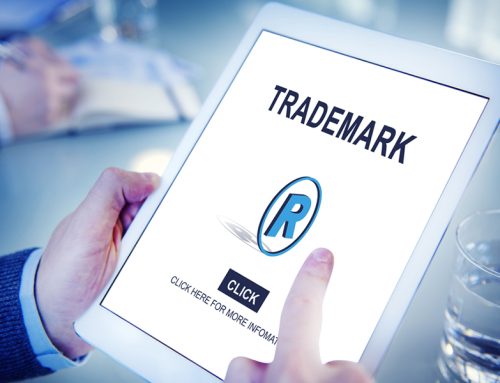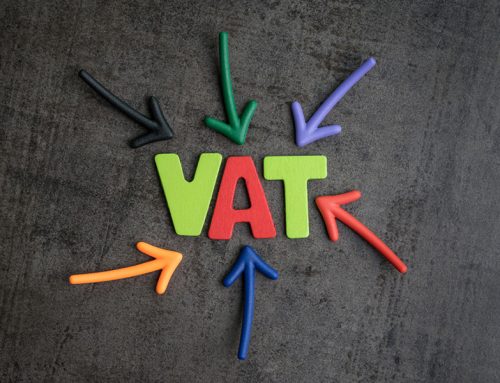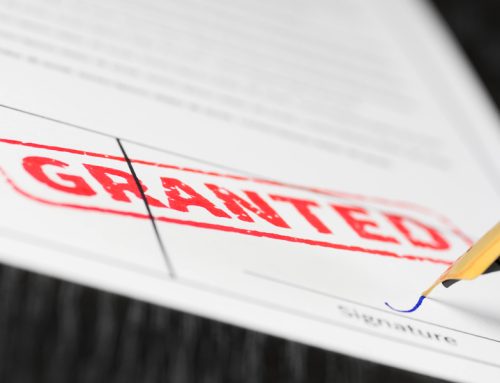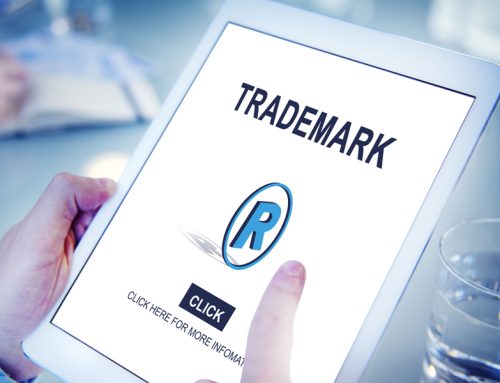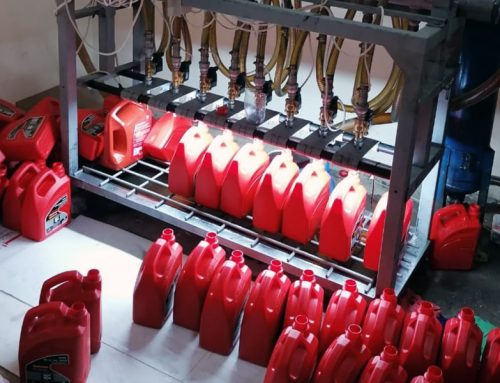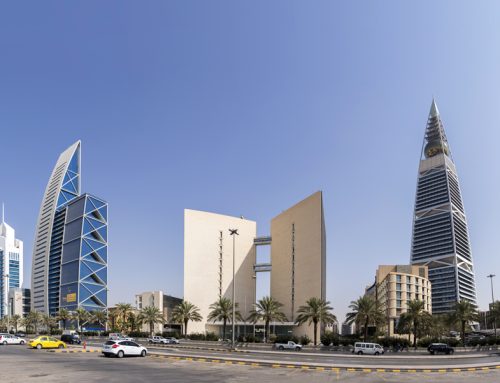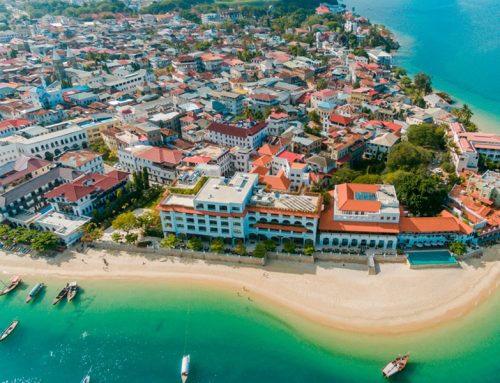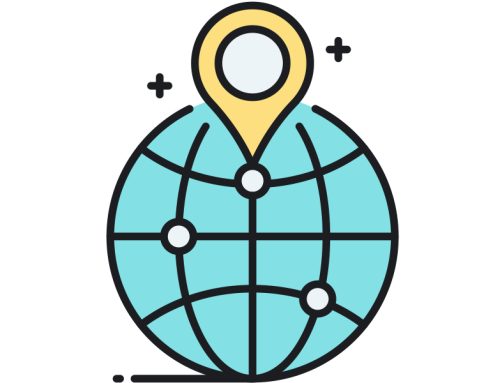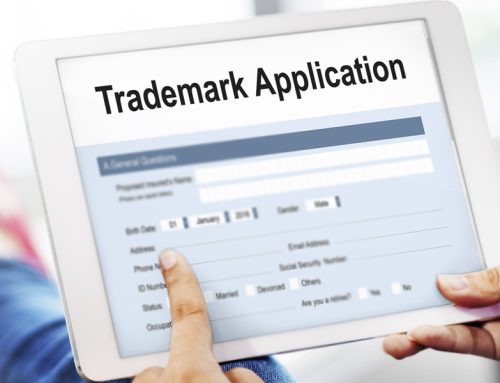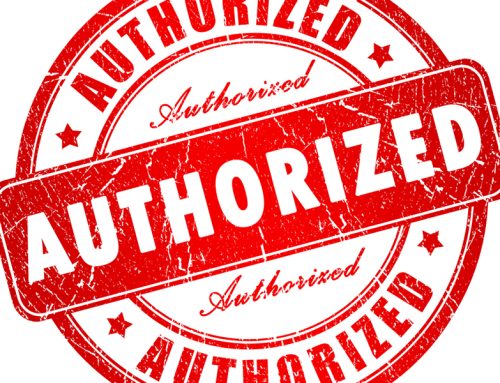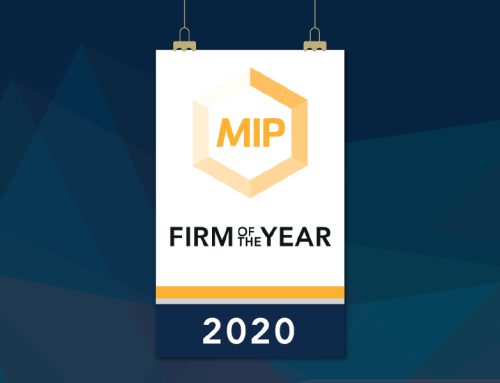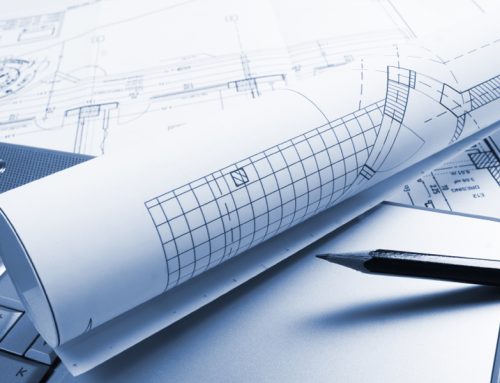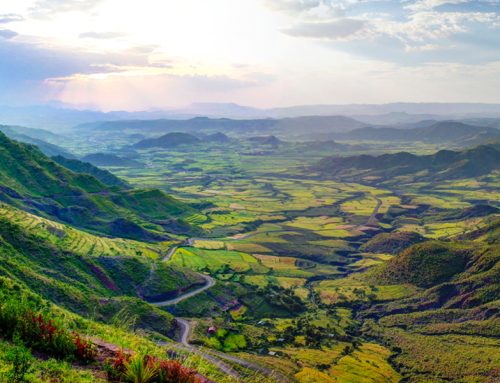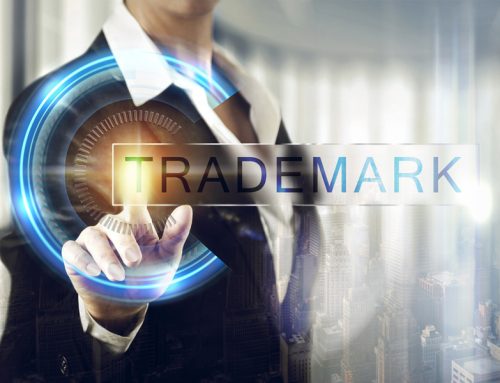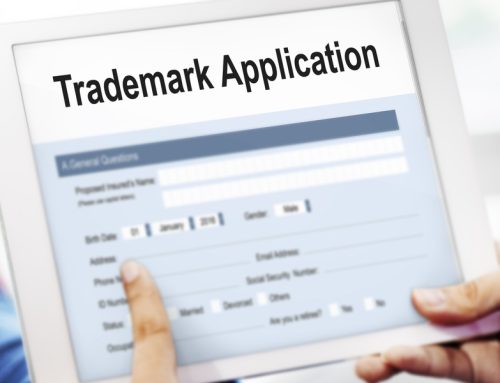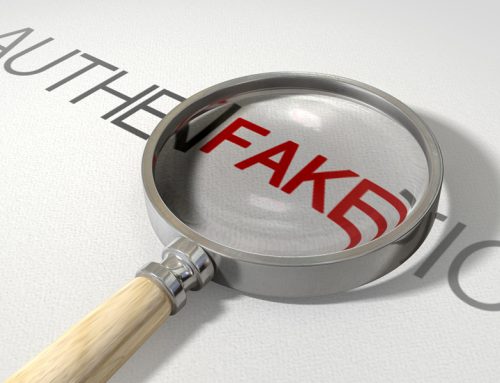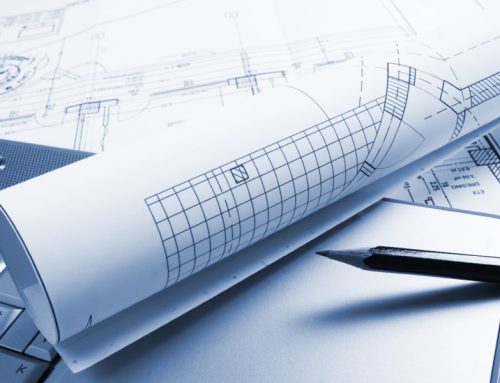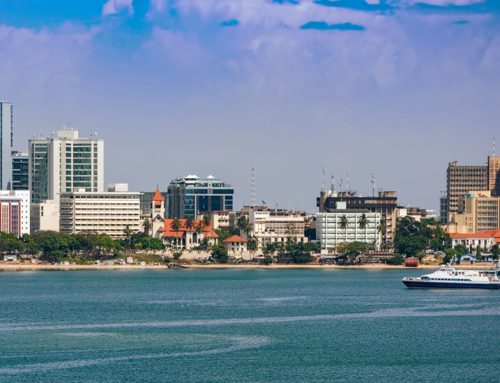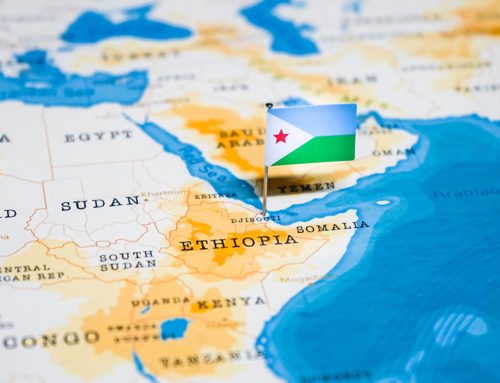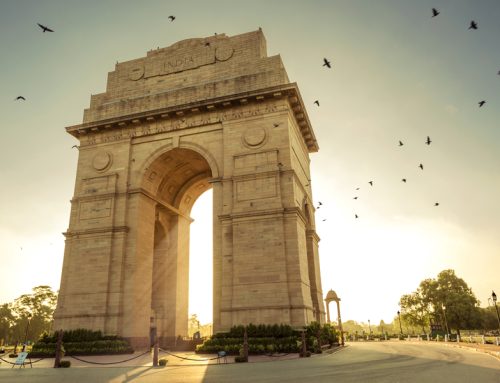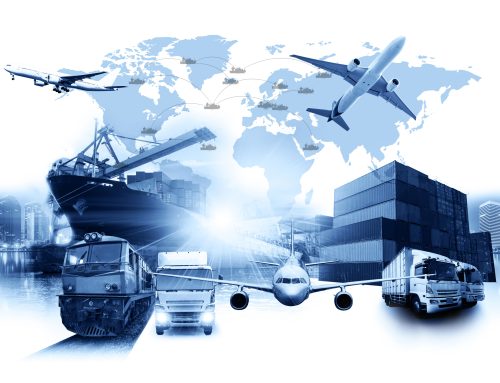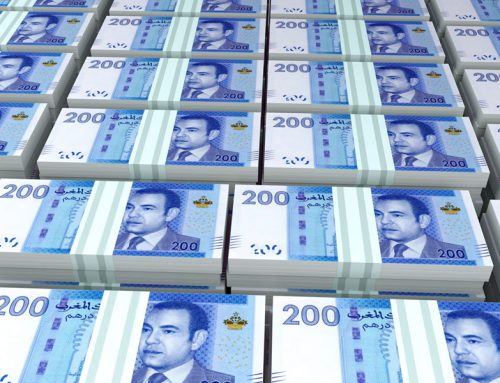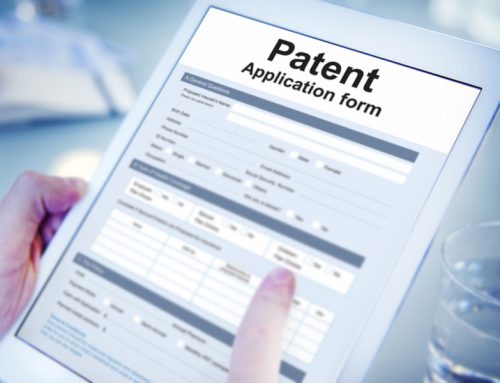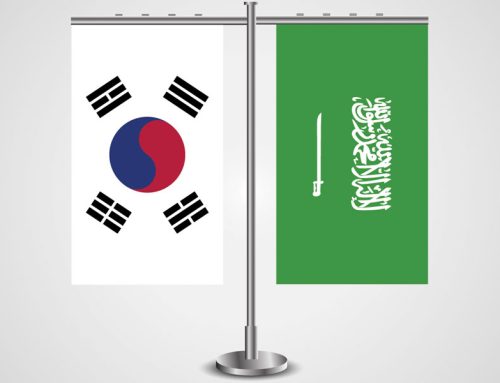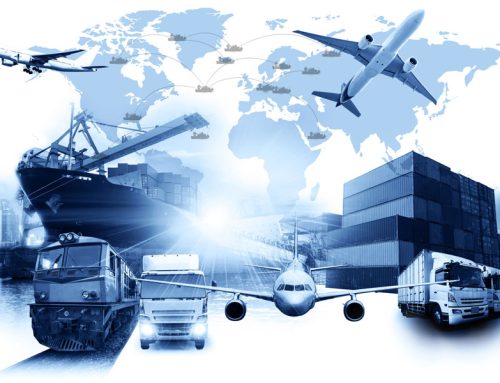The Maghreb region, known for its touristic and historical sites, along with its considerable proximity to Europe, has been experiencing its own industrial revolution over the span of the past several years. From West to East, the region includes Morocco, Algeria, Tunisia, and Libya.
With a total population in excess of 90 million, the Maghreb region has attracted its share of business and development. Algeria and Morocco account for the majority of this market with populations of 40 million and 35 million, respectively. Tunisia, a much smaller country in land size, has a population of over 11 million. Finally, Libya, despite its massive land size, has a very small population of about 6 million. This is primarily due to the political situation and instability in the country for decades.
Libya’s patent system is based on a law that was published in 1959 and not amended or ratified since, despite the country’s accession to the Patent Cooperation Treaty in 2005. There is certainly a lot of work to be done in Libya, which may create the right opportunities in the future.
The focus of this article will be on the three other countries, mainly Algeria, Morocco, and Tunisia, which have been actively developing local industries, attracting foreign investment and working on developing their patent systems. These three countries share a common history, cultural heritage, and language.
Algeria (DZ)
Algeria is the largest country in Africa and the Arab world. The country is rich in natural resources including iron ore, phosphates, uranium and lead—but the backbone of Algeria’s economy remains as the oil and gas sector. Algeria has the tenth-largest proven reserves of natural gas in the world. The country also ranks 16th in proven oil reserves. Following the decline in oil prices in recent years, the Algerian government has taken numerous steps to encourage local development for many industries, and began a migration away from state-owned companies.
Until a few years ago, the patent system in Algeria was a system of grant only. Applications were filed claiming a 12 month Convention priority, or within the 31 month deadline (Ch. I & II), for international PCT national stage entries. Within 6-12 months, but no less than 18 months from the earliest claimed priority, the patent applications were granted and published.
Recently, the Patent Office in Algeria began performing substantive examination, which is essentially based on the International Search Report (ISR). The most limiting provisions pursuant to the Algerian patent law are:
- Voluntary amendments to an application may only be entered within the 1st month from the local filing date; and
- Divisional applications may only be filed within 6 months from the local filing date.
Even if the examination report objects to the unity of the invention, it is not possible to file a divisional application and only one subject matter may be pursued. As a result of the amendment provision stated in the first bullet point above, any amendments submitted in response to the examination report are kept pending until further notice, or until this provision in the law is revised.
The law does provision for the filing of a patent of addition after issuance of the initial application. Whereas this does not necessarily compensate for not being able to file divisional patent applications, it does allow for introducing new claims or specific claims as long as these find adequate support in the original application.
Furthermore, the current system in Algeria does not provide for a patent listing system or a patent linkage system. These are causes for concern for the pharmaceutical industry where the local generic industry is growing. As is the case in the rest of the region, the need for access to cheaper medicine has drawn the attention of foreign generic firms as well. The system does not provision for any exclusivity period nor for any patent term extensions, even for delays resulting from the approval of marketing authorizations.
One of the criteria holding back Algeria from experiencing an explosive growth is the country’s status as an observer of the World Trade Organization. The industrial protection rights which accession to the WTO afford as well as the trade related aspects of intellectual property rights, or TRIPs, should increase the confidence of investors seeking to capitalize on these opportunities. Until these are put in place by the authorities concerned, and the patent system evolves, the growth, although consistent, will remain slow.
Enforcement of patents has not yet been tested adequately in Algeria. The law provisions for actions such as requesting injunctions, initiating court cases and obtaining damages. The lack of a specialized court system and country experience makes it difficult to gauge the efficiency of the system in place. If we are to extrapolate based on teachings and experience from intellectual property matters relating to trademarks, then it is conceivable that the system should be reliable and dependable, but needs to be put to use.
Algeria has a highly educated population, which speaks three languages fluently: Arabic, French, and Tamazight. It is conceivable that the Patent Office in Algeria can become a strong examination authority with the proper trainings. Alternatively, Algeria may follow in the footsteps of its neighboring countries, Morocco and Tunisia, and enter into an agreement with the European Patent Office. Based on such an agreement, applicants filing a European patent application can designate DZ when requesting examination. Upon grant, the European patent can be validated in Algeria.
Morocco (MA)
With coasts along the Atlantic Ocean and the Mediterranean Sea, Morocco occupies a strategic regional position of great importance. The country has made use of its proximity to Europe and its location in North Africa, along with skilled labor, to work towards building a diverse, open, market-oriented economy. Key sectors of Morocco’s economy include agriculture, tourism, aerospace, automotive, phosphates, textiles, apparel, and subcomponents. The economic system of the country presents several facets that are characterized by a large opening towards the outside world.
Morocco has recently increased investment in its port, transportation, and industrial infrastructure in order to better position itself as the epicenter for business in the region. Industrial growth policies and infrastructure developments, which are most visibly illustrated by a new port and free trade zone, are improving Morocco’s attractiveness for investment. Morocco’s main industries are the mining and processing of phosphate rock, food processing, manufacturing of leather goods, arts and crafts, textiles, construction, and tourism.
The latest industry taking off in Morocco is the aerospace industry, which has made significant strides over the past decade, with its industrial base growing from around 10 companies to over 100. The industry generated US$1 billion in 2013 and created employment opportunities for 10,000 people in the country. Aerospace exports accounted for six percent of total exports in 2013, up from 0.5 percent a decade earlier. Major manufacturers are present in Morocco and are contributing to the rise of this industry.
Another sector of great ambition in Morocco is renewable energy. The country relies on imports for fossil fuels, but is committed to supply over 50 percent of the country’s needs by 2030 using renewable energy. Several ongoing projects including solar and wind plants are under way with more to come as new technologies are developed and making access to them more affordable.
Morocco is a member of the Paris Convention as well as the PCT. In addition, Morocco is a WTO member and abides by the TRIPs agreements. Similarly to Algeria, the Moroccan patent system used to be one of grant only. In 2014, the Patent Office in Morocco issued a new intellectual property law amending the existing law with updated provisions. Under the new law, applications are examined substantively, and issued on their merits of novelty, inventiveness, applicability, and compliance.
In 2015, the Moroccan government voted into law the agreement of 2010, entered between the Moroccan Patent Office and the European Patent Office. This decision effectively simplified the patenting system in Morocco. All European patent applications filed on or after March 1, 2015 can designate MA at the time of requesting examination. Upon grant of the European patent, the same can be validated in Morocco. Since Morocco is not a European Patent Convention state, the local patent law governs matters relating to infringement, validity, supplementary protection certificates and such.
As a WTO member and a signatory to the TRIPs agreement, Morocco does provide for an exclusivity period. In addition, pursuant to provisions of its own patent laws, patent term extensions are possible, but in all cases, for no longer than a period of two and half years.
Tunisia (TN)
By far the smallest country in the Maghreb region and with a population of about a fourth of that of Morocco or Algeria, Tunisia is nevertheless a well-established economy. The country has been sought after as a safe haven whenever it’s neighboring countries, namely Algeria and Libya, experience instability. Tunisia always remained close to its largest economic partner, the European Union, which accounts for over 80 percent of its exports.
Tunisia’s liberal strategy, coupled with investments in education and infrastructure, fueled decades of growth and improved living standards. The country’s diverse, market-oriented economy has long been cited as a success story in Africa and the Middle East. The country has been facing an array of challenges since 2011, however.
Pursuant to Decree no. 67 of 2017 and the agreement signed between the European Patent Office and the Tunisian Patent Office in July 2014, European patent applications filed on or after December 1, 2017 can designate TN and European patent grants can be validated in Tunisia.
Although Tunisia is not a European Patent Convention member state, the Law provides the country a pseudo-EPC status with regards to patent procumbent, and is expected to encourage more filings and more foreign investment. It will still be possible to file patent applications in Tunisia via PCT national stage entry or claiming Paris Convention.
Once again, while provisions relating to the enforcement of patents are clearly stated, the lack of country experience and a specialized intellectual property court system, time will tell as to the effectiveness of these laws. Building on the country experience on the enforcement of trademarks, it is safe to assume that applicant rights should be adequately protected and enforced.
In closing
With their shared borders, language, culture, history and more, the Maghreb countries are often viewed as an individual market. The region has always maintained its close ties with its neighboring European Union, but has also moved to position itself to attract foreign investments from beyond, namely Japan, North America, China, and South Korea, among other nations. The region’s wealth in natural resources has historically drawn industries related to this sector. This has eventually led to the establishment of more industries such as aeronautics and renewable energy in Morocco. As these countries continue to maintain their growth and development, and as they extend ties into neighboring African countries and beyond, they are positioning themselves as global players for access to the African continent in general.
Should you have any questions, or require any additional information, please contact us at news@sabaip.com

